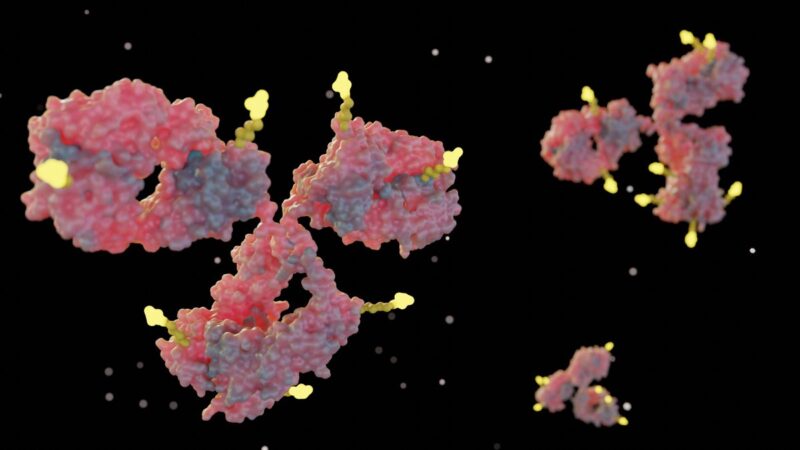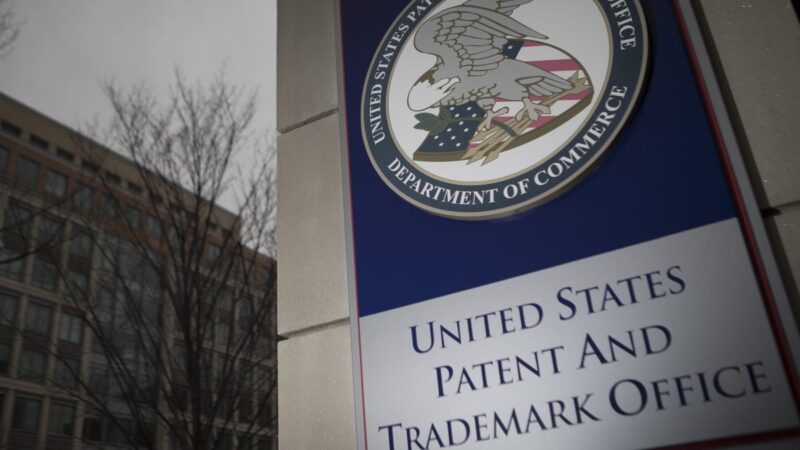Collette Rawnsley

Collette Rawnsley is the head of European IP policy and advocacy at Nokia Technologies. Collette has extensive experience in providing strategic advice on regulatory and policy matters regarding IP licensing in the technology and media sectors, including standard essential patents, FRAND disputes, and patent pools. Before joining Nokia in January 2021, she spent 15 years in private practice in London and Brussels and was involved in some of the leading cases concerning the intersection of IP and competition law. Collette was the head of EU Competition at Wiggin LLP, a law firm specializing in media, technology and intellectual property. Previously, she was counsel at Shearman & Sterling LLP. Before entering private practice, Collette was senior Référendaire at the UK Competition Appeal Tribunal and a lawyer in the UK Government Legal Department.


Explainer: Standard Essential Patents and National Security
